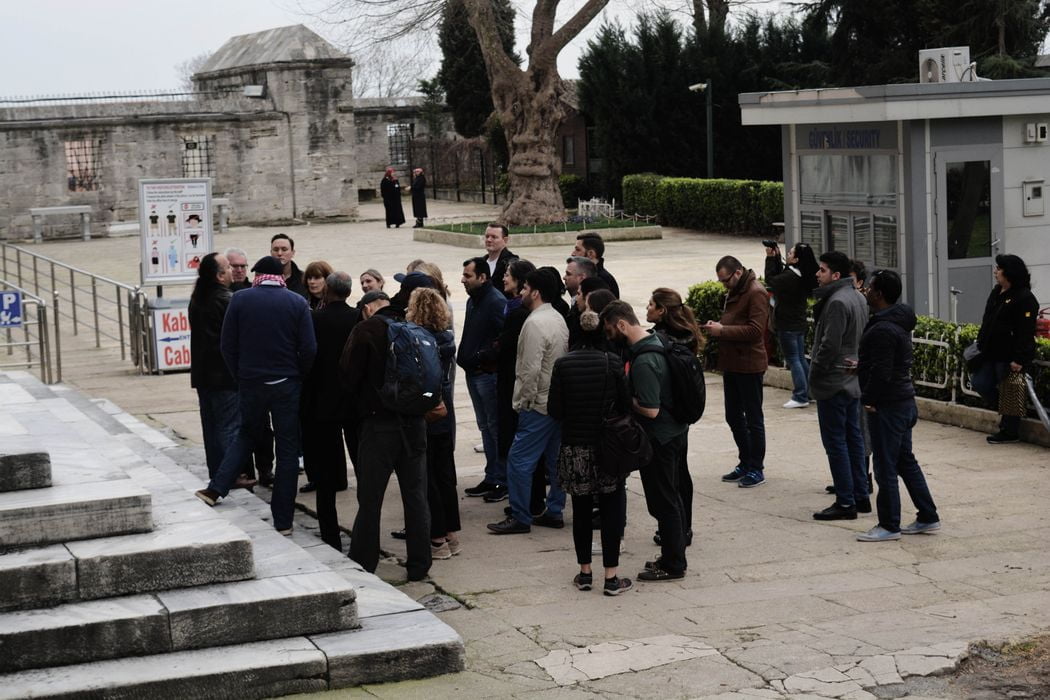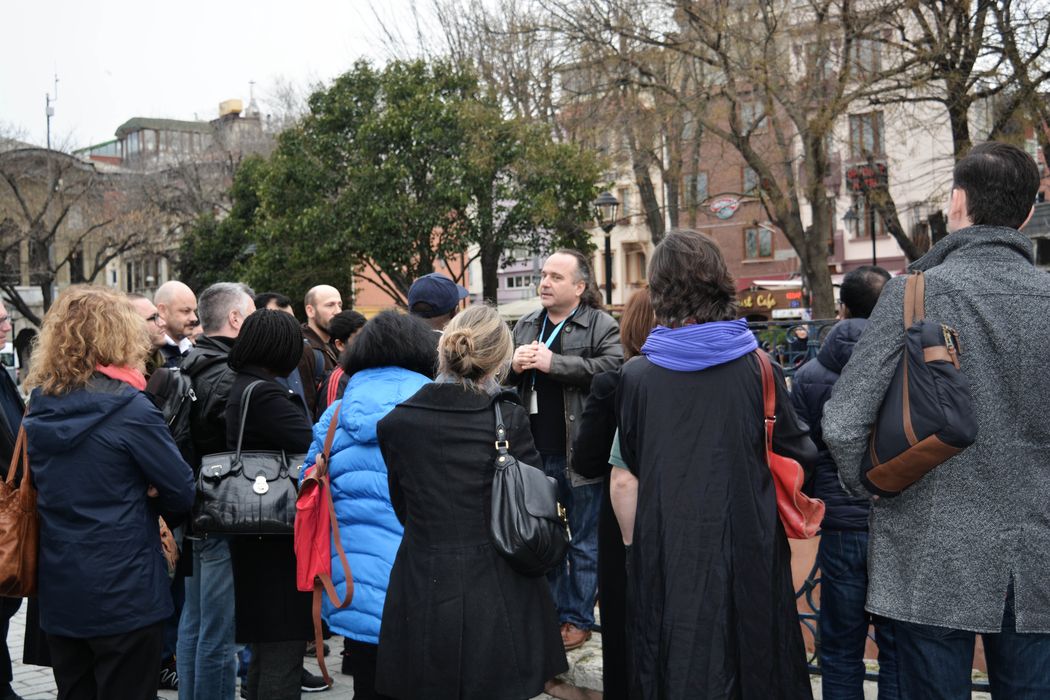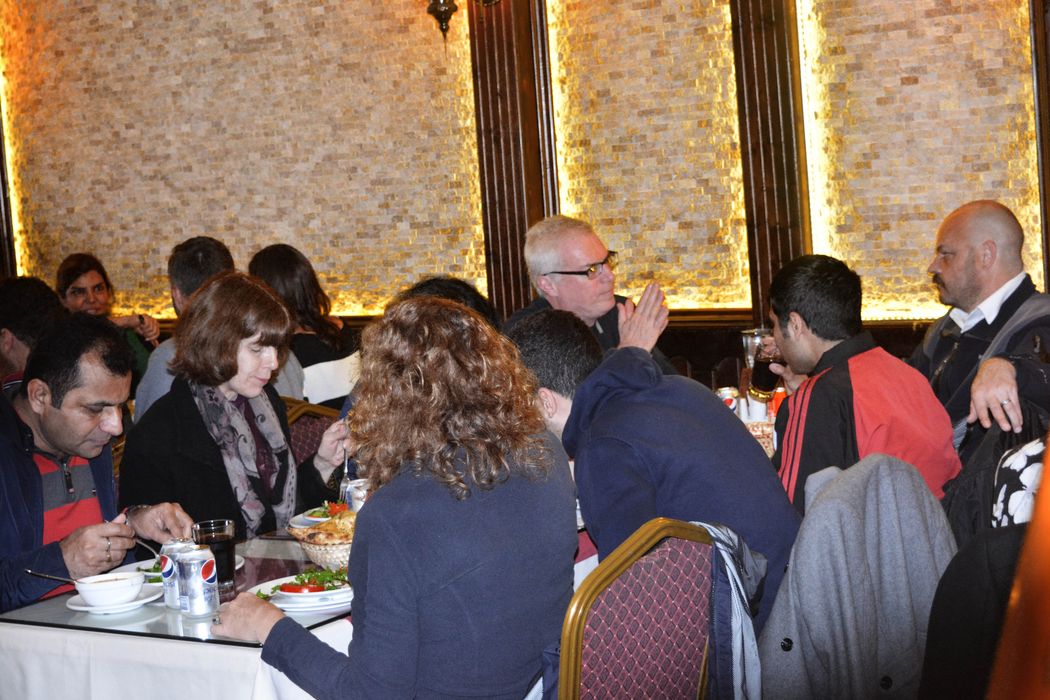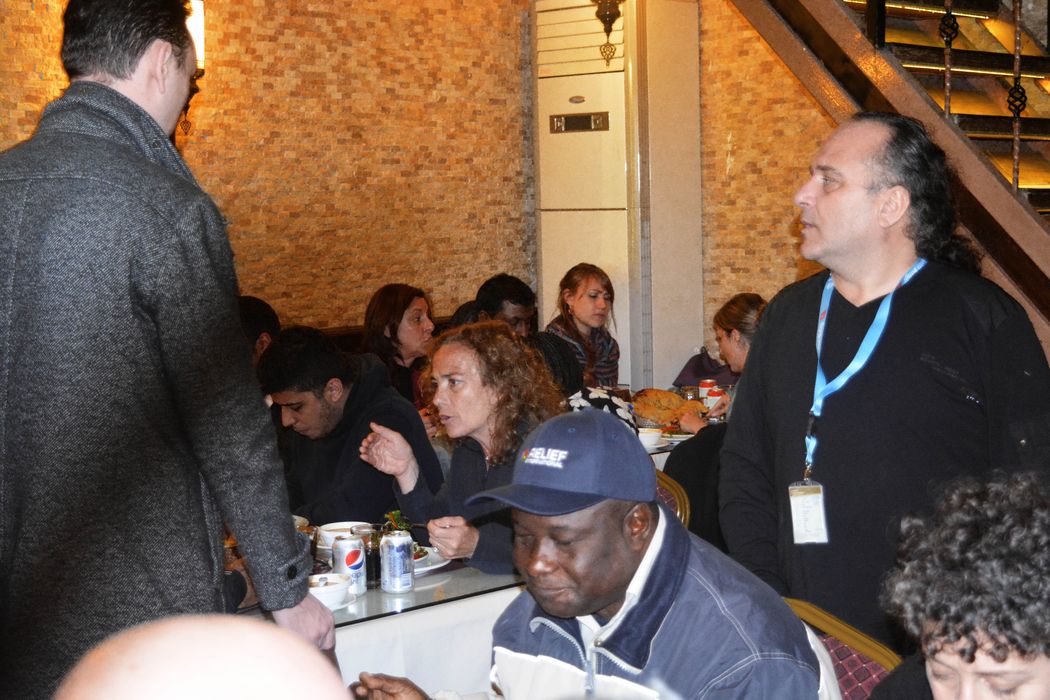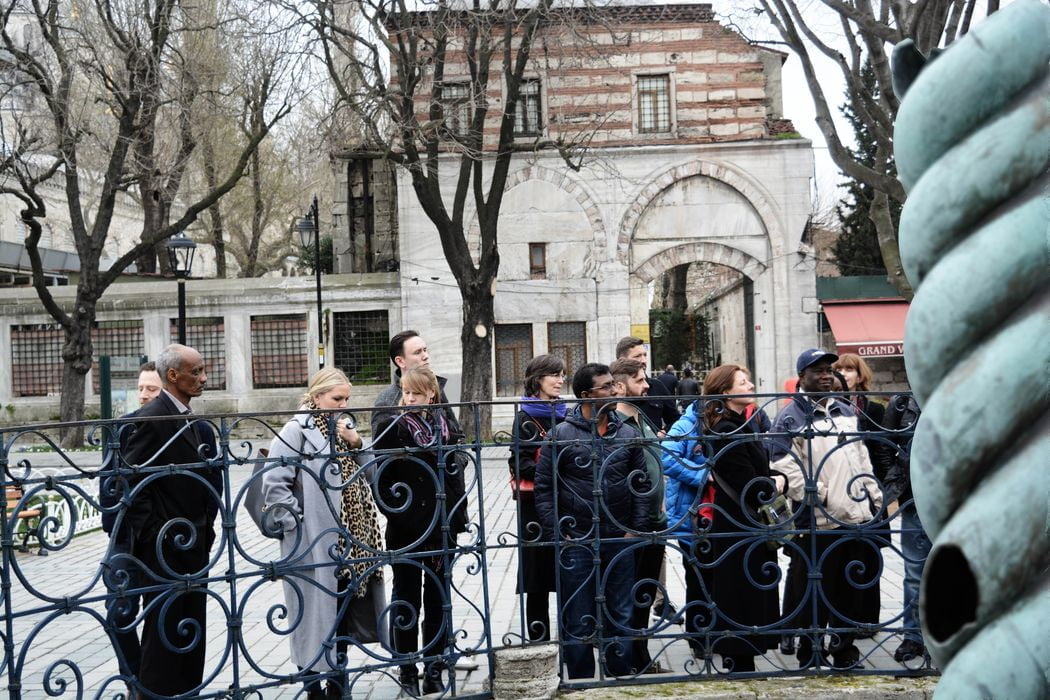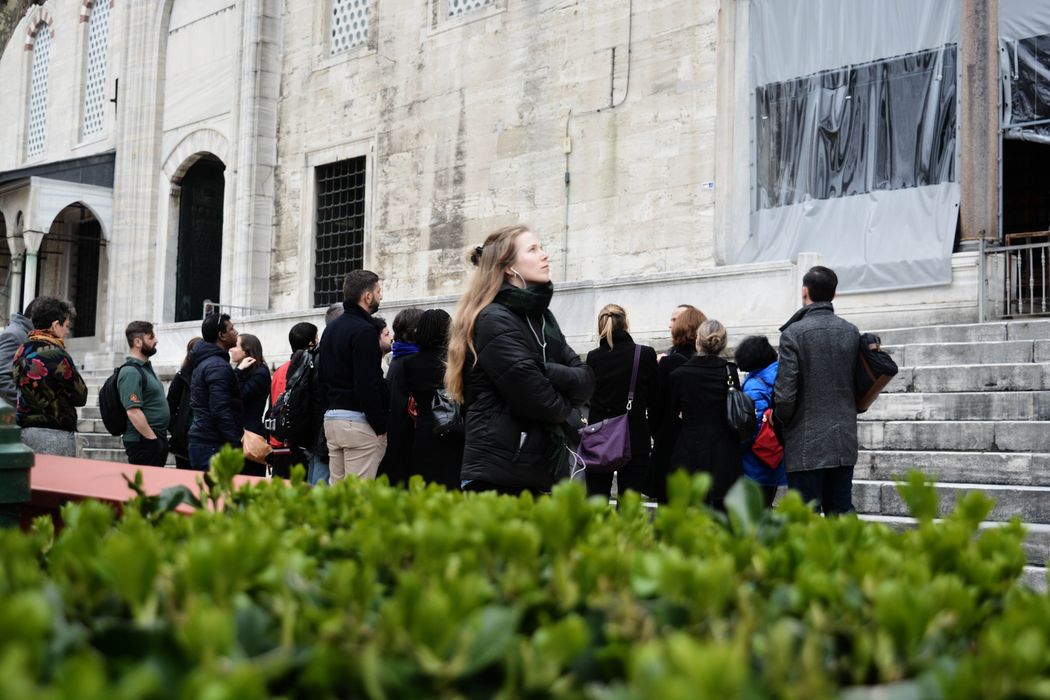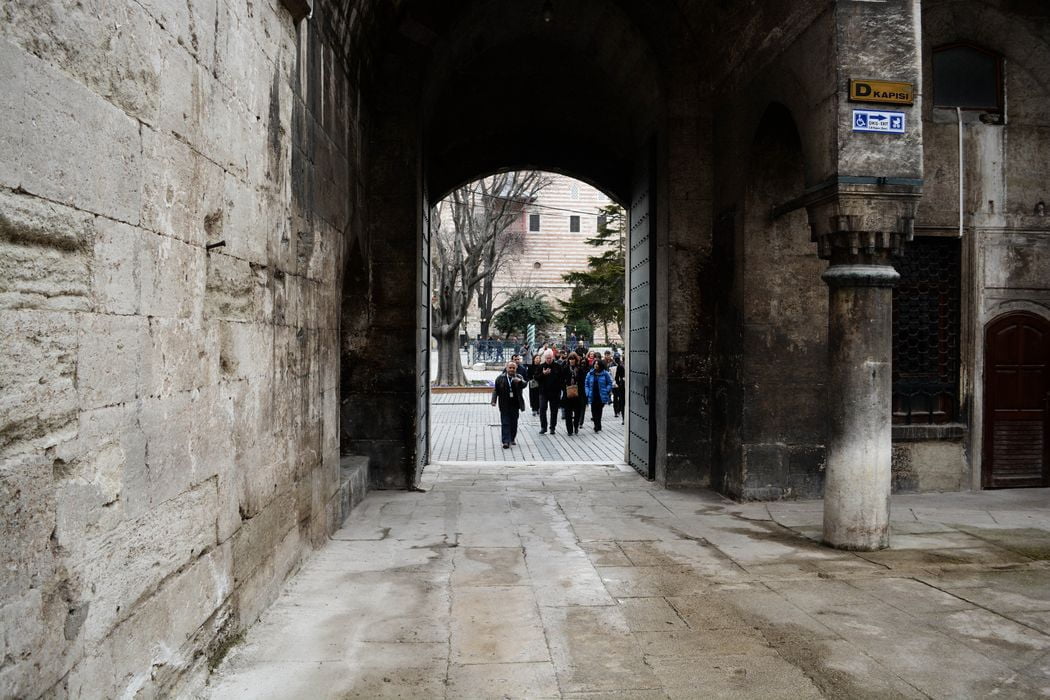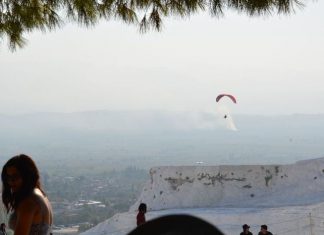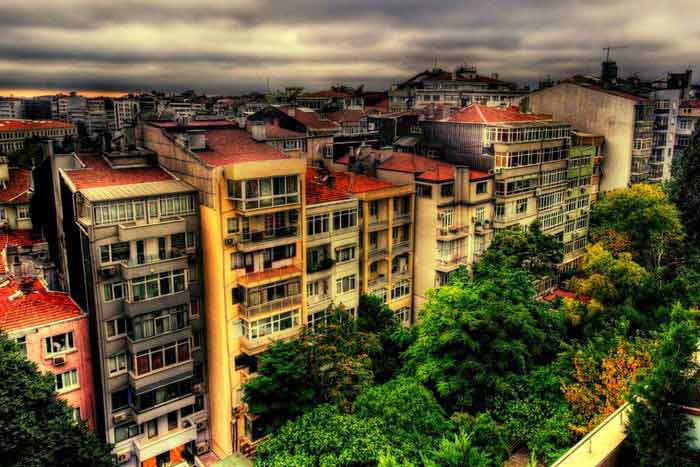Unraveling the Life of its Residents
Exploring Perge’s Residences:What kind of houses did the people of Perge, who crafted these beautiful structures and works of art, inhabit?
Prof. Dr. Haluk Abbasoglu:In our quest to understand the living conditions of Perge’s inhabitants, we focused on the design of their homes and tombs—shelters that served them during their lives and after death. Surprisingly, we opened six houses during our research, revealing their continuous use over approximately 400 years. After various modifications, these houses endured until the 500s A.D. However, this applies to the excavated portion; numerous housing areas in the unexplored section may unveil plainer and more authentic structures. Notably, one house featured a water-closet stone Charting the Path of Perge’s Development through History, traces of kitchen shelves, a well-preserved water tank, and an existing dining room. With an area of nearl
Charting the Path of Perge’s Development through History
Charting the Path of Perge’s Development through History
Q: How has Perge evolved over time?
Prof. Dr. Haluk Abbasoglu:Perge has been a settlement since ancient times. Changes observed post the 7th Century B.C. can be linked to a new culture arising from the interaction between Greek immigrants and native inhabitants. Urbanization continued in the 5th Century B.C. By the 3rd Century B.C., the site was encircled by robust city walls. Some monuments from this period, including the city gate fortified with round towers and the city walls, still endure in their original positions. However, the zenith of the site’s grandeur occurred during the 2nd Century A.D., the Roman Empire Period. With the Mediterranean Sea termed a ‘Roman Lake’ and Anatolia constituting a Roman State, the absence of wars and defense expenditures fueled a competition among sites to showcase the Empire’s glory Perge’s Hidden History
Perge’s Hidden History
Insights from Prof. Dr. Haluk Abbasoglu
Q: Commencement of Perge Excavations:
Q: When and how did the excavations start in Perge?
Prof. Dr. Haluk Abbasoglu:Perge excavations commenced in 1946 under the leadership of Ord. Prof. Dr. Arif Mufit Manser. Since then, the archaeological endeavors have persisted with intermittent pauses. Prof. Dr. Jale Inan assumed responsibility after the passing of Arif Mufit Manser in 1975, and I have been overseeing the project since 1988. Excavations in Turkey require approval from the Board of Ministers and the Ministry of Culture and Tourism. However, the Antalya Region Archeological Research Center Unraveling the Life of its Residents, a branch of Istanbul University Faculty of Literature founded in 1954, holds a unique status. This center spearheads excavations in the region.
Q: Recent Discoveries:
Q: What notable artifacts have been uncovered in recent years?



